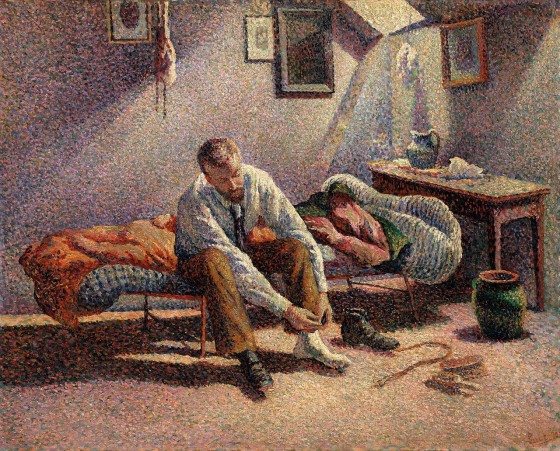
This May was the fortieth anniversary of my family’s arrival in America. We came as refugees. My husband and I celebrated this momentous event (this marks over two-thirds of my life here) by visiting the Tenement Museum in downtown New York City. The biggest takeaway was the strong sense of “strangers in a strange land” mentality. People arrived not knowing the language or customs, not having a place to sleep or an ability to source work. It was scary. It took a very strong impetus to leave all that one knew and understood behind, to leave family and friends, to leave familiar food and places…to leave behind the mother tongue. (Did you know that the word “cow” is not under K in a dictionary? How are people supposed to find words when they don’t even start with the letter that they sound? Back then, I ended up drawing a cow in the middle of a sentence to finish my homework.) Without a language in common, it is very difficult to forge social ties. It is the main reason people “bunch up” by their cultural heritage into neighborhoods like “Little Italy,” “China Town,” “Little Russia,” “Jewishberg,” “Japantown,” “La Pequeña Habana,” “Little…





